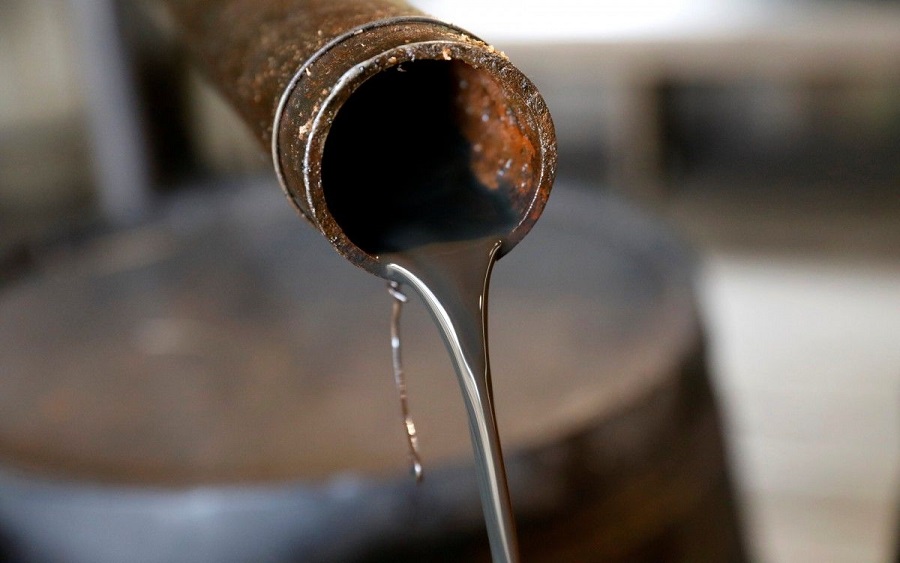Nigeria generated over N1.2 trillion in oil revenue between June and August 2019. This is disclosed in the latest Economic Report released by the Central Bank of Nigeria (CBN) for August 2019.
According to the CBN report, oil revenue increased by 44.1% within the same period, with oil revenues growing for the third consecutive month from June.
The breakdown: The Central Bank report showed that Nigeria recorded N484.8 billion in oil revenue in August 2019 which was 44.1% or N148.2 billion more than the figure recorded in June.
[READ ALSO: Budget 2020: Oil workers to earn N75 billion]
- Basically, Nigeria generated the sum of N336.6 billion, N387.7 billion and N484.8 billion oil revenue in the months of June, July and August 2019 respectively.
- Though oil receipts increased in August, it was below the monthly budget of N798.83 billion by 39.3%.
- While explaining the reasons why oil receipts didn’t meet up with the estimated budget for August, the CBN attributed it to shut-ins and short downs at some NNPC terminals due to pipeline leakages and maintenance activities.

Meanwhile, reasons for overall oil revenue increase within the period could be attributed to some recent developments.
- For instance, the drone attacks on Saudi oil facilities, which earlier caused a huge shortfall in global oil supply, created opportunity for Nigeria and other oil-producing countries to sell more and increase oil revenue.
- Also, as earlier published by Nairametrics, the U.S has returned to patronize Nigerian oil, making it one of Nigeria’s top importers in the second quarter of 2019.
A twist in trade war: The on-going trade between China and U.S has taken its toll on the global economy with Nigeria not excluded. However, the war showed signs of slowing on Monday with Mr. Trump reportedly announcing a “phase one deal” that would address financial services, technology and agricultural sectors, just when the U.S is on the verge of raising tariffs to 30% on some Chinese goods.
Upshots: Though the price of crude oil has gained from the dip suffered in May, it still hovers around $59 per barrel. In relation to Nigeria’s proposed 2020 budget, this may still constitute a threat in the Nigerian government budget benchmark of $57 per barrel for oil price.
[READ ALSO: Banks’ loans to Oil and Gas, Power, other sectors drop by N411.8 billion]
Note that the escalating trade war between the U.S and China has continued to affect investors’ sentiment in the global oil market.


















